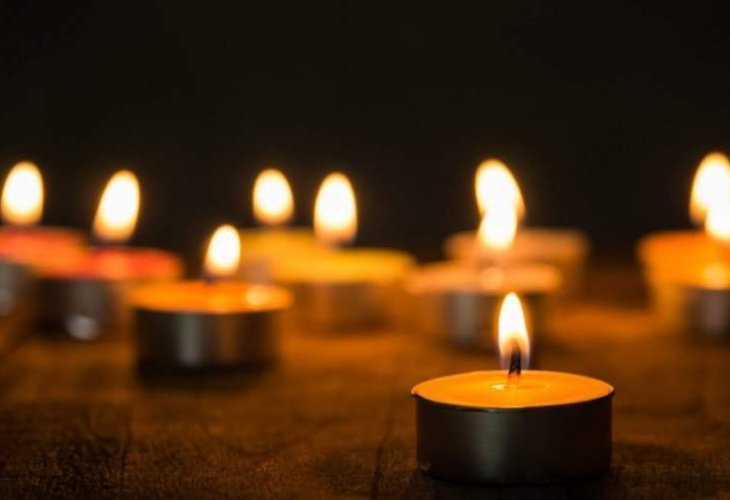Jewish Law
The Mitzvah That Overrides Mourning: Bringing Children into the World
Why building a Jewish home takes precedence, even in the shadow of loss
 (Photo: shutterstock)
(Photo: shutterstock)Jewish law accords profound weight to aveilut (mourning), yet it grants even greater weight to life. The mitzvah of marriage and having children — p’ru u’rvu (be fruitful and multiply) — is so central that it can, at times, override or reshape mourning restrictions. The following laws present how this principle governs shivah, sheloshim, and the year of mourning, while preserving the dignity of both marriage and the deceased.
Baseline: Shivah and Sheloshim for Mourners
A mourner — whether for parents or for other close relatives — is forbidden to rejoice and therefore does not marry until after thirty days. If a festival falls within those thirty days, it is permitted to marry on the eve of the festival (because acts that cannot be done on the festival are advanced to its eve).
This baseline applies when the mourner has already fulfilled p’ru u’rvu — i.e., has both a son and a daughter. If he has not yet fulfilled this mitzvah, he may marry immediately after shivah due to the gravity and importance of this mitzvah. Likewise, if a festival falls within shivah, he may marry on the eve of the festival (by the same principle of advancing pre-festival needs).
As the Talmudic Sages taught (Yevamot 62b): “He who married in his youth should marry again in his old age; he who had children in his youth should have children in his old age.”
Furthermore, the Torah stresses that, “It is not good for man to be alone” (Bereishit 2:18). Even the elderly are obligated to marry; a person is not to remain without a spouse.
A woman in mourning is likewise forbidden to marry until after thirty days. However, if the groom has not yet fulfilled p’ru u’rvu, they may marry immediately after shivah. Although the woman is not directly commanded in p’ru u’rvu, she is her husband’s partner in the mitzvah; because this is such a great mitzvah, it displaces her mourning delay and she need not wait thirty days.
In the case of a divorcé or widower with minor children who need care, who has already become engaged, and then the bride’s father dies: they may marry immediately after shivah, but do not have marital relations until after day thirty, since she is in mourning and joy is restricted.
Special Waiting Periods for a Widower
A widower who already has a son and a daughter should not remarry until three festivals (Pesach, Shavuot, Sukkot) have passed, because the festivals intensify memories of the first wife; after three cycles of joy, his feelings are less intense and he can build a new home in health and happiness.
Nonetheless, if he has not yet fulfilled p’ru u’rvu, he may marry immediately after shivah as the desire to fulfill the mitzvah itself soothes the pain of his loss.
Grooming and Presentation for the Wedding
Where marriage is permitted, the groom may take a haircut and trim his nails in honor of the wedding — even within thirty days of the passing of his relative.
A bride in mourning who marries after shivah is permitted all preparations for the wedding without restriction (bathing, cosmetics, hair and nail care, adornment), to ensure proper joy and dignity.
Music and Band
When marriage is permitted, it is also permitted to bring a band and play musical instruments at the wedding, and to continue with music throughout the sheva brachot (seven days of celebration), as the joy of chatan v’kallah is incomplete without song.
When Death Occurs After the Wedding (Post-Chuppah)
If the chatan or kallah has just been married and then a close relative dies, the sheva brachot celebrations continue and only the private aspects of mourning are observed. The chatan or kallah may, however, attend the levayah (funeral).
Then, after the sheva brachot are over, the chatan or kallah tears their clothing (as is the halachah for a mourner) and begins shivah. With regard to the private aspects of mourning, a competent halachic authority should be consulted as the laws are complex.
The exception is when the couple prefer to first sit shivah and then continue the sheva brachot; this is permitted.

